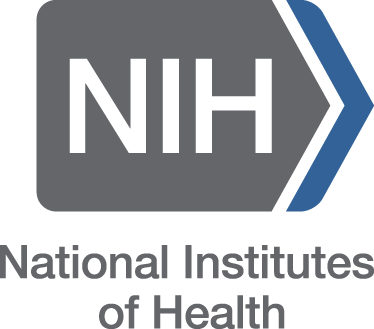Herring: a healthy choice

Herring, while long considered an excellent tasting fish that is packed with protein, is both good for our minds and our bodies.
Research shows that certain types of fish, herring among them, are an excellent choice for healthy eating. Herring carries many nutrients that are hard to find in other foods, especially Omega-3 fatty acids, which are essential for muscle function. Yet the vast majority of North Americans don’t eat anywhere near the recommended amount of fish each week, if they eat fish at all.
Some of the major health benefits you can enjoy by adding fish like herring into your diet include, improved heart health and support in fetal brain development. In addition, it is well established that herring is high in protein, an excellent source of B vitamins and zinc, and is low in saturated fat.

Heart and Stroke Foundation states that one of the best sources of Omega-3 fatty acids are cold water fish, such as herring. Omega-3's are an essential nutrient - the body does not naturally produces these, meaning they must be consumed. Research suggests that eating omega-3's aids with overall cardiovascular health.

The American Heart Association states that Omega-3 fatty acids help lower your heart rate and improve other cardiovascular risk factors. They go on to say that eating fish reduces the risk of death from heart disease, a leading cause of death in both men and women. Fish intake has also been linked to lower risk of stroke, depression, and mental decline with age.

Healthy Aging publication states that the evidence is strongest for heart disease and problems that contribute to heart disease, with the range of possible uses for Omega-3 fatty acids include lowering cholesterol, helping to prevent strokes caused by plaque build-up and blood clots in arteries.



